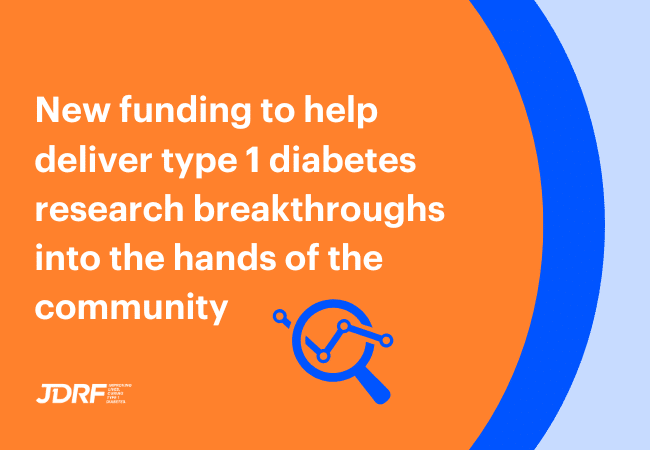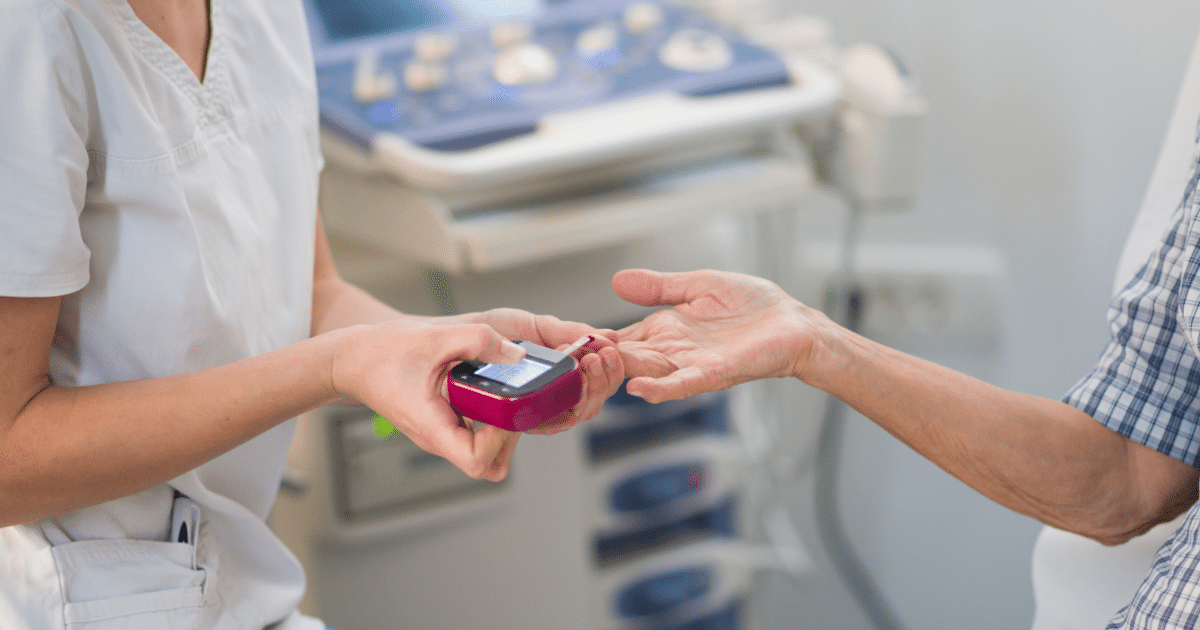Disordered eating in teens living with T1D
There’s no doubt that a type 1 diabetes (T1D) diagnosis changes a person’s relationship with food. Many people living with T1D will never look at a plate of food without some sort of mental arithmetic, and of course you’ll often face that annoying question: “Are you sure you’re allowed to eat that?”
But we also have to remember that with or without T1D, there are risks – especially during adolescence – associated with the development of disordered eating behaviours, or an eating disorder. Here are the common signs to be aware of, and what to do if you think your teen with T1D is experiencing disordered eating.
> Download the Teen Toolkit, your free guide for parents of teenagers who live with T1D.
What is disordered eating?
The term ‘disordered eating’ sits on the mental health spectrum between normal eating behaviours and an eating disorder. These behaviours are at a lower intensity than diagnosable eating disorders like anorexia nervosa or bulimia.
Disordered eating behaviours might include restrictive eating, rigid and inflexible eating patterns, or compulsive eating.
Signs of disordered eating in teens living with T1D
For people living with T1D, food is so closely linked to management and treatment that there is a unique set of behaviours that can be linked to disordered eating. It’s important to be aware of these behaviours, which may show up as:
- insulin omission to lose weight: this involves cutting back or skipping insulin doses, or underdosing for food consumption, in order to trigger weight loss, which is a symptom of acute or chronic high blood glucose levels (BGLs)
- insulin overdose to require sugar consumption: deliberately dosing too much insulin induces a low BGL, meaning fast acting carbs will have to be consumed.
Other behaviours consistent with disordered eating can also apply to people living with T1D. These include:
- binging and purging
- emotional eating
- restrictive eating
- extreme dieting
- laxative abuse.
What to do if your teen is showing signs of disordered eating
The most important thing to be aware of is that manipulating insulin doses or food in unhealthy ways can be dangerous or even life-threatening. These practices should never be supported.
While difficult, it’s essential that you’re honest about your fears and don’t avoid difficult conversations with your young person. As with all aspects of T1D management, having the love, support and guidance of family and close friends can be invaluable in overcoming challenges.
If you’re worried about your young person’s relationship with food, or you see concerning attitudes or behaviours at any time, seek professional advice and support immediately. You can do this by consulting with your diabetes team, your GP or any trusted healthcare professional.
While the conversation might start with your endocrinologist or diabetes educator, it’s likely to require the involvement and support of a social worker and/or psychologist. Early advice and treatment is recommended for the best outcomes.
You can also seek support from the following trusted organisations:
- Butterfly Foundation (1800 33 4673)
- National Eating Disorders Collaboration
- Lifeline (13 11 14)
- beyondblue (1300 224 636)




